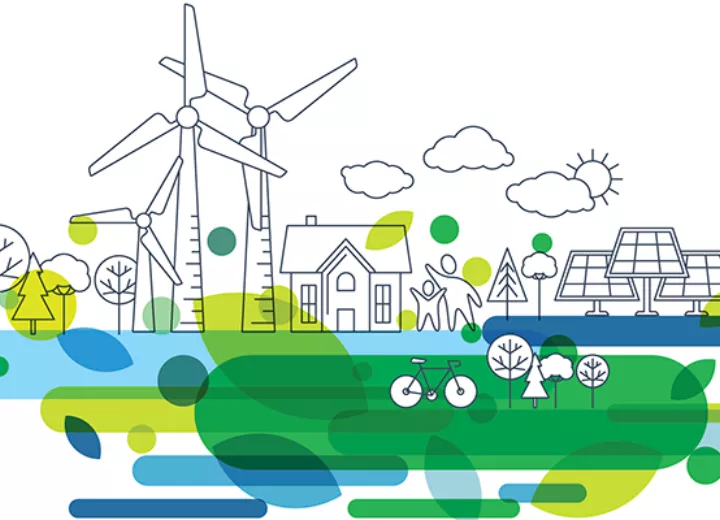Governments should target their policies and spending to stimulate economies on long-term decarbonisation and sustainable development, according to the International Renewable Energy Agency (IRENA).
Its research outlines the immediate stimulus action governments can take between 2021-2023 as well as measures for a mid-term 2030 recovery perspective over the next decade.
Scaling-up public and private energy spending to US$4.5 trillion annually would boost the world economy by an additional 1.3%, creating 19 million additional energy transition-related jobs by 2030, IRENA says.
Jobs in renewables alone could triple to 30 million by 2030. Every million dollars invested in renewables would create three times more jobs than in fossil fuels.
Doubling annual transition investments to US$2 trillion over the next three years will provide an effective stimulus and can leverage private sector investments by a factor 3-4. Reforming fossil fuel prices, retiring fossil fuel assets, driving green financing and bailouts while strategically investing in energy transition must be immediate priorities, IRENA's report says.
The annual US$2 trillion invested would boost GDP by 1% and create additional 5.5 million transition-related jobs in three years. But governments need to introduce labour and industrial policies targeting capacities and skills and to create industries and jobs.
“Renewables have proven to be the most resilient energy sources throughout the current crisis,“ said IRENA director-general Francesco La Camera. “This evidence should allow governments to take immediate investment decisions and policy responses to overcome the crisis.
“With today's recovery plan for governments, IRENA uses its global mandate on energy transitions to inform decision-making at this critical time, while staying on course toward a fully decarbonised system by 2050.“
Image credit: iStock









